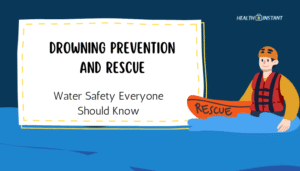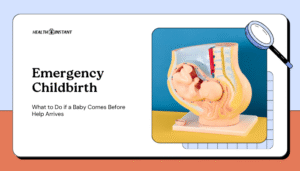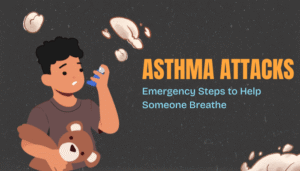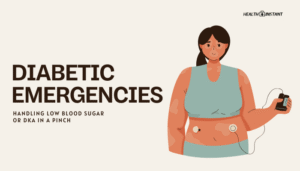Drowning Prevention and Rescue: Water Safety Everyone Should Know
Introduction Water activities—swimming, boating, or even bathtub play—can be enjoyable, but accidents can happen. Drowning remains a leading cause of preventable injury and death worldwide, especially for young children. Being well-p...
Read MoreCar Accident Aftermath: First Aid and Safety Tips at the Scene
Introduction Car accidents are sudden and stressful events. In the immediate aftermath, quick thinking and basic first aid can reduce the risk of further harm and improve outcomes for the injured. While professional medical help is crucial, bysta...
Read MoreEmergency Childbirth: What to Do if a Baby Comes Before Help Arrives
Introduction An unexpected childbirth away from medical facilities is rare but can happen—in a car, at home, or in remote locations. Although professional care is best, knowing the essentials of emergency delivery can help protect mother and ne...
Read MoreAsthma Attacks: Emergency Steps to Help Someone Breathe
Below is a concise guide on how to help someone experiencing an asthma attack. These steps can stabilize breathing until professional care is available. Recognize the Signs Wheezing: High-pitched whistling sound when exhaling. Breathin...
Read MoreDiabetic Emergencies: Handling Low Blood Sugar or DKA in a Pinch
Introduction People with diabetes—Type 1 or Type 2—can face sudden, life-threatening complications if their blood sugar spikes too high or plunges too low. Prompt recognition of these emergencies, like hypoglycemia and diabetic ketoacidosis (...
Read More




